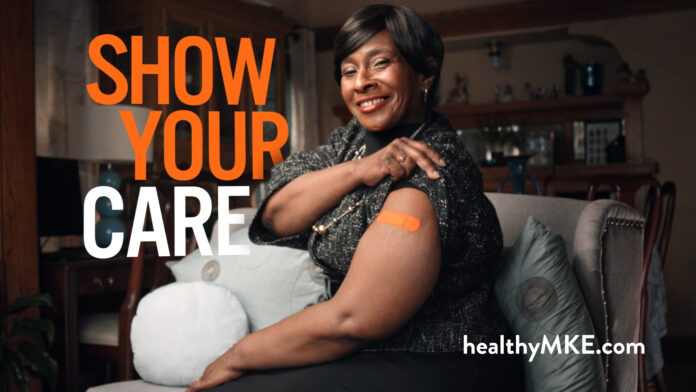Millions of people worldwide have now been safely vaccinated against COVID-19, bringing us all one step closer to getting back to doing more of the things we enjoy with the people we love. So for many, the COVID-19 vaccines couldn’t come fast enough. Still, others understandably have questions about the vaccination process and what to expect when it comes to their turn, says long-term care facilities COVID vaccine Milwaukee.
Here are some tips from health experts to find out about the vaccination process and tips on what you can do before, during, and after suggested by long-term care facilities COVID vaccine Milwaukee.
Before you go to get your COVID Vaccine
Do your research. There’s a lot of misinformation about vaccines online, so it’s essential to always get your information from trustworthy sources like UNICEF and WHO. If you have any questions about whether you should receive a COVID-19 vaccine, speak to your doctor.
At present, people with the following health conditions should not receive a COVID-19 vaccine to avoid any possible adverse effects:
- If you have a history of severe allergic reactions to any ingredients of a COVID-19 vaccine.
- If you are currently sick or experiencing symptoms of COVID-19 (although you can get vaccinated once you have recovered and your doctor has approved).
Talk to your doctor. If you’ve ever experienced a severe allergic reaction from any vaccine or you have any questions about the medications you are currently taking, talk to your health care provider before your appointment.
Take care of yourself. Get a good night’s rest and hydrate well before your vaccination so you can feel your best on the day, suggested by long-term care facilities COVID vaccine Milwaukee.
During the appointment of your COVID Vaccine
Stay safe. Ensure to follow safety precautions at the vaccination facility, such as physical distancing while waiting and wearing a mask.
Communicate. Let the health care professional know if you have any medical conditions that could be considered precautions, such as pregnancy or a compromised immune system.
Keep your records. You should receive a vaccination card that tells you which COVID-19 vaccine you received, when you received it and where you received it. Make sure to hold on to this card if you need it in the future, suggested by long-term care facilities COVID vaccine Milwaukee.
After you have been vaccinated by the COVID vaccine
Stay for monitoring. The health care provider should observe you for about 15 minutes after the vaccine is administered to make sure you don’t have any immediate reactions. However, it is infrequent for severe health reactions.
Be prepared for some side effects. Vaccines are designed to give you immunity without the dangers of getting the disease. However, while it’s normal to build immunity without side effects, it’s also common to experience some mild-to-moderate side effects that go away within a few days on their own.
Some of the mild-to-moderate side effects you may experience after vaccination include:
- Arm soreness at the injection site
- Mild fever
- Fatigue
- Headaches
- Muscle or joint aches
- Chills
- Diarrhea
If any symptoms continue for more than a few days or experience a more severe reaction, contact your health care provider immediately.
Be patient. Building immunity takes time. You will be considered fully vaccinated two weeks after your second dose of the COVID-19 vaccine.
Keep yourself and others safe. While these vaccines are showing to be highly effective at protecting people against serious illness from COVID-19, it’s still in the learning process about whether it is possible for a vaccinated person to still spread the virus, even without symptoms. Therefore, it is important to continue practicing safety precautions to protect yourself and others, including avoiding crowded spaces, physical distancing, hand washing, and wearing a mask suggested by long-term care facilities COVID vaccine Milwaukee.
The above mentioned are some facts you should consider before, during, and after getting your COVID vaccination. It is essential to know about the vaccination to keep yourself and others safe.









